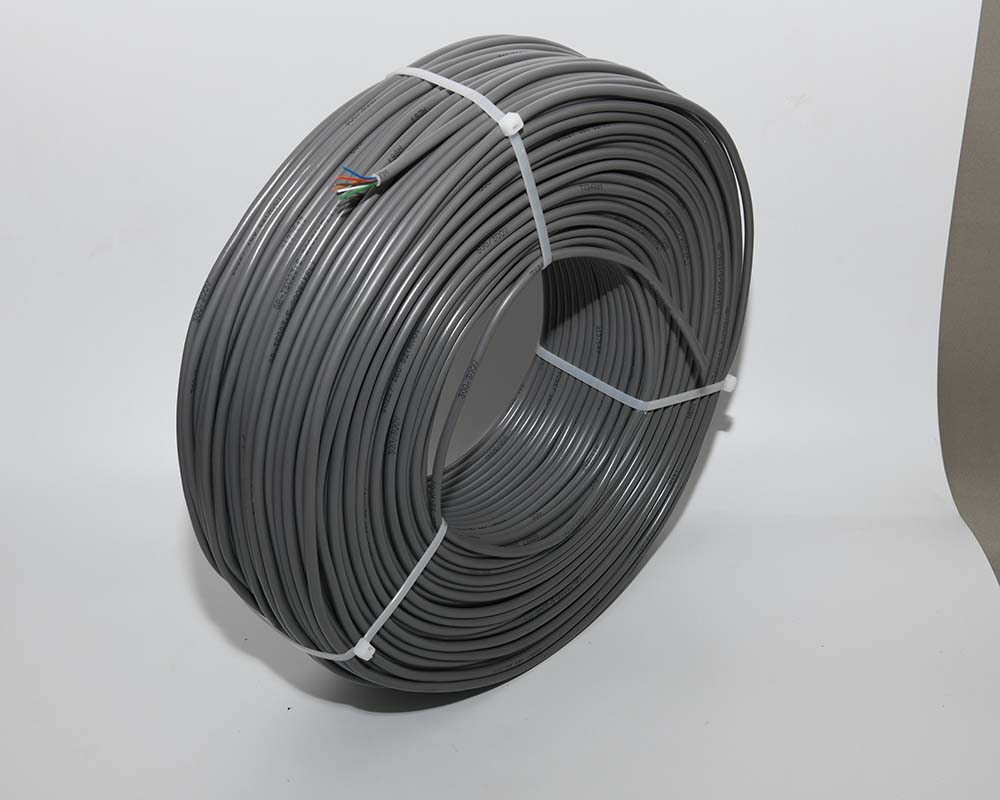
News
Teflon wire and PVC wire are two kinds of commonly used electric cables. But the using environment for them is different. Teflon and PVC are two different insulation materials, they are using to produce cable and also have different uses and different advantages. In one word, there are some differences between them, this is the main topic of today’s article.
This article includes three different parts:
First, we need to have an understanding of the concept of Teflon cable and PVC cable.
Teflon cable uses polytetrafluoroethylene as insulation material (Full name is fluoroplastic), covering metal conductors. Conductors usually include tinned copper, ofc copper, and aluminum.
Teflon insulated wire has the characteristics of non-stick properties, heat resistance, sliding properties, moisture resistance, abrasion resistance, corrosion resistance, etc. It is a kind of high-temperature cable. Compare with other high-temperature cables, it has the advantages of excellent thermal stability and mechanical wear-resistant electrical insulation performance, strong acid and alkali resistance, corrosion resistance, fire resistance and non-combustibility, high oxygen index, low smoke and halogen-free, no aging, easy stripping, high strength, and friction resistance.
Its application is also wide: In the electronics industry, it can using for temperature compensation wires, low-temperature resistant wires, high-temperature heating wires, aging resistant wires, and flame retardant wires; In the household appliance industry, it can using for internal wiring of air conditioners, microwave ovens, electronic disinfection cabinets, rice cookers, electronic thermos bottles, electric heaters, electric ovens, electric frying pans, lamps, and lanterns, etc.

Now, we will introduce what is PVC wire.
PVC cable uses polyvinyl chloride as insulation material(PVC plastic), covering metal conductors. Conductors usually also include tinned copper, ofc copper, and aluminum. PVC insulation cable is usually using for the internal connection of electronic and electrical equipment. Since the PVC material, this cable has the character of uniform insulation thickness, easy to peel and cut. Oil resistance, fire prevention, environmental protection. It is also widely using since it cost cheaper and easy to install and maintain.

Since fluoroplastic and PVC materials are both the best choice for insulation cables, so many people may feel confused with them. How to distinguish them and how to choose, is there any differences between them? Now, we will enter into today’s main topic, the differences between these two kinds of cables.
Teflon high-temperature cable and PVC electric copper cable have some differences for people to distinguish, now we will state these differences between them.
Now, have you understood the differences between Teflon wire and PVC wire? If you still have other problems, you can contact Henan Shenbei Industrial Co. Ltd. Customer service will wait for any of your consulting 24 hours.
We can design and manufacture various cables according to your requirement of special cable construction and special occasion and usage.